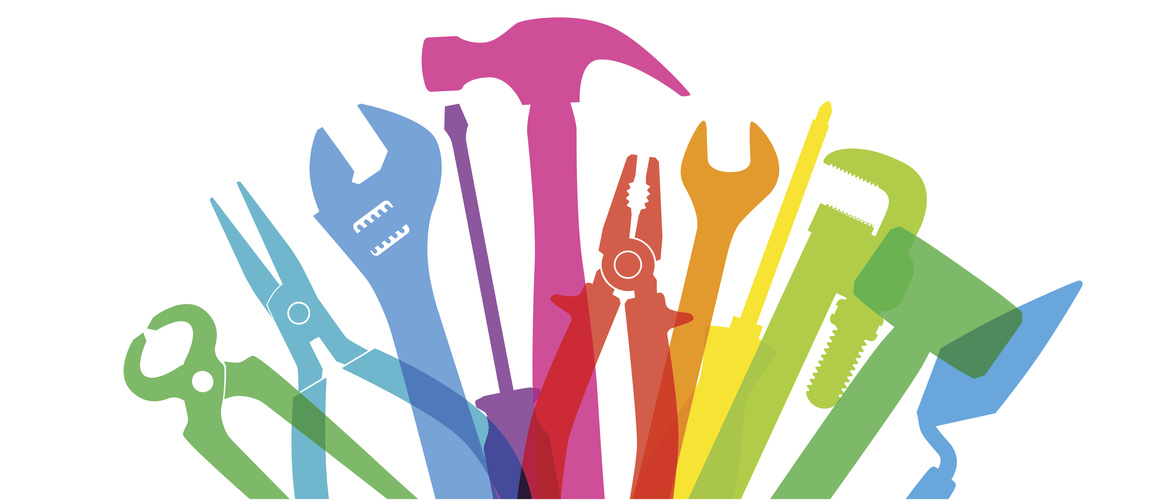
"Combined treatment with psychotherapy and pharmacotherapy should be used more in the routine treatment of major depression", Pim Cuijpers (University of Amsterdam, The Netherlands) said during an EPA Meet the Expert Session. Treatment needs to focus on outcomes important to individual patients, and on the forms of therapy they prefer.
Large databases of randomized controlled trials (RCTs) show that combining antidepressant therapy with psychotherapy almost doubles the beneficial effect of each element alone.1 This is the case even in severe depression when some clinicians think patients are too ill for psychotherapy to work.
Clear evidence that combined therapy improves outcome
"Psychotic depression would be an exception", Professor Cuijpers cautioned. But in general – and even when there is a comorbid mental disorder -- a combined approach is better, though we have to accept that a considerable number of patients will not respond.
Interventions should focus on what patients want
Coronavirus will change the therapy landscape
Professor Cuijpers favours quantitative data and controlled trials. But patients seek therapy because they want to go back to work, and be a good partner, and enjoy family life – not because they want to see a reduction on a scale of symptoms. So we have to focus on things important for patients’ quality of life.
That means qualitative research, and such research may usefully precede an RCT -- to identify the problems patients want to see addressed.
On the question of how to choose between psychotherapies, Professor Cuijpers believes that many are similarly effective. There is an increasing number of studies of mindfulness-based cognitive behavior therapy (CBT) as an acute intervention. A recent meta-analysis suggests that it is effective -- along with acceptance-commitment therapy, metacognitive therapy, and a dozen other therapies -- but we do not know that any is more effective than the others or more effective than conventional CBT.2
This has the advantage of allowing us to follow what the patient would prefer.
Internet and app-based tools
"Given evidence that several ways of delivering treatment are effective, patient preference is also relevant to choice between face-to-face and internet approaches, and perhaps even to phone apps", he suggested.
A recent meta-analysis of 66 RCTs of app‐supported smartphone interventions for common mental health problems indicates benefit.3 But it is too early to say whether such apps have a role in routine care, partly because the diagnoses of people involved in these studies is somewhat unclear.
"Coronavirus will change the landscape of mental health provision. Therapy can be conducted on-line, efficiently, while being patient-friendly and avoiding travel. But it is probably not applicable in cases of complicated depression, suicidality, and personality disorder", Professor Cuijpers cautioned.
Especially in middle-income countries, but also in those with high income, the number of patients with mental health problems is too great for all their needs to be met by face-to-face therapy. On-line approaches will help close the treatment gap.
EPA : European Psychiatric Association
RCT : Randomized Controlled Trials
CBT : Cognitive Behavior Therapy
BE-NOTPR-0157, approval date : 06.2022
